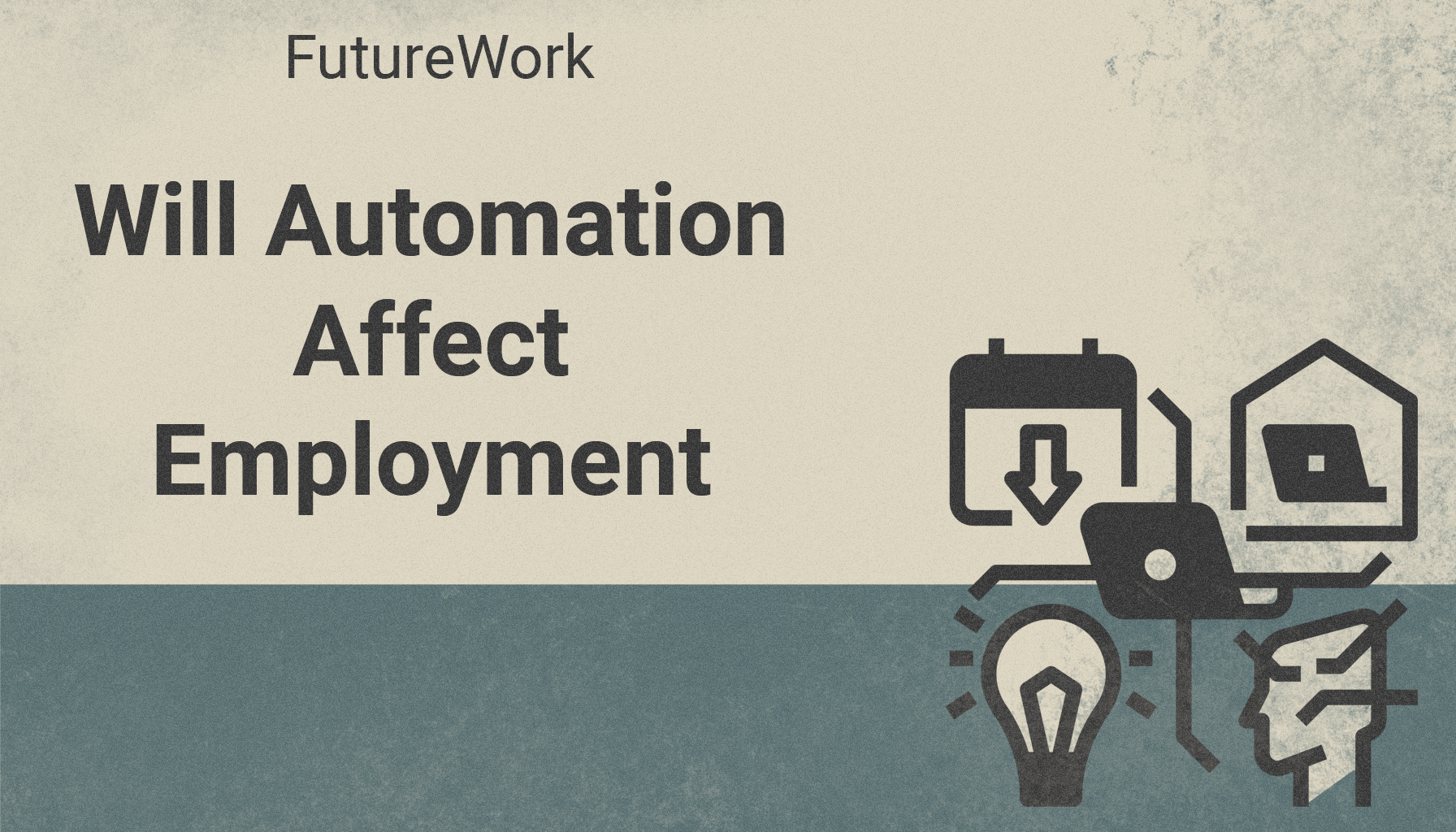FutureWork: A Discussion of Employment and Automation
Originally Posted January 31st, 2016
Since the dawn of man, technology has existed to make labor easier, and the forward march of technology has brought us to our splendid modern day. But what happens when work becomes so easy that the technology simply does it for us? I’ve written much on artificial intelligence affecting our job market in the past, and I feel there’s still plenty more to be discussed. The discussion of how and to what extent AI-based automation will impact the nature of employment is a large and inevitably uncomfortable one. But to quote James Baldwin “Not everything that is faced can be changed. But nothing can be changed until it is faced.”
In my state of North Carolina, as in most places, employment and economy are topics of continuous, important discussion. Further, the entrepreneurial fire has grown hotter and larger over the past several years, triggering a period of job creation, especially in the digital and biological tech industries. But with companies such as IBM employing their Watson learning machine and Automated Insights’ content-writing robot Wordsmith based in the state, there is a general unease at this supposed boom period in our job market. Are these companies actually taking jobs from humans by automating skills we rely on? Will we adapt quickly enough to feed people into the new workforce? Is our education infrastructure prepared to instill the next generation of workforce skills?
It’s to address these questions and others that The Institute for Emerging Issues at NC State is hosting the 31st Annual Emerging Issues Forum Februrary 8–9 2016. The event, named “FutureWork,” is themed around the above issues and will focus on helping communities and companies in North Carolina prepare for the impact of automation and intelligent machines. This is a perfect opportunity for leaders and workforce members to be involved in the greater discussion, present their concerns, and learn more about the systems already in place on both ends of the journey. This forum will be the first in history to be televised live on UNC-TV, allowing even those that may not attend to take part.
The forum, a two-day affair, will begin at the Raleigh Convention Center for Day One on the 8th, and will relocate and continue at the Hunt Library at NC State on the 9th, Day Two.

The first day will be geared toward exploring what North Carolina can do today to prepare by creating quality jobs for the upcoming future. I’m hopeful that this will present opportunities for discussion among entrepreneurial leadership to inspire the creation of more leaders, and also to help direct their actions towards innovating models to suit the changing market.
The second day of FutureWork will involve hackathon sessions designed to help identify and dig into the obstacles presented by technological automation and the predicted market changes, and then create actionable plans and frameworks to address them. These hackathon sessions will be industry specific, and topics will feature the key sectors of Banking & Finance, Education, Energy, Healthcare, and Government/Smart Communities.
Speakers and appearances at FutureWork will include Governor Pat McCrory, Governor of North Carolina; Martin Ford, Silicon Valley Entrepreneur and Author of “Rise of the Robots”; Vivek Wadhwa, Nationally Syndicated Columnist; Dambisa Moyo, International Economist and Futurist; and Jaylen Bledsoe, Youth Entrepreneur and Tech Prodigy.
Digital automation, robot manufacturers, machine learning, and electronic decision-making may have all been fantasies just decades ago, but they become more concrete reality every day. Many of these technologies are being pioneered right here in North Carolina. And while I personally doubt that human jobs will ever completely deplete, the question remains: are we prepared to provide the workers and leaders necessary for the changing landscape? FutureWork is a discussion that has already begun and has to be formally addressed, not just by thought leaders and experts, but by all of us.
The future will happen, with or without your participation. But only the future that we all actively create today will manifest tomorrow. If we don’t replace fear with understanding and ideas with strategies, we will miss the chance to inject our vision into this upcoming paradigm shift and will have to adapt to the consequences rather than direct them. With that in mind, regardless of our employment scenario – now or in the future – we have at least one more job to do.


